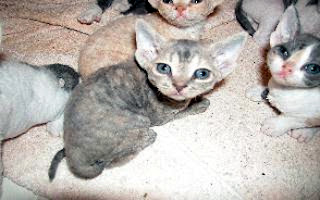
Happy Halloween!
Lest I be accused of writing about something non-writing related for once, I thought, in the spirit of Halloween, I would talk—briefly!!!—about villains. And who better than Frankenstein’s monster (or is Dr. Victor Frankenstein the real villain?), Count Dracula, and Dr. Jekyll and Mr. Hyde.
After all, these are three villains who have clearly stood the test of time. Archetypes, after all.
What makes them last in our psyche, why are they such delicious villains? And how—if we can at all—apply them to our own bad guys?
Frankenstein’s monster probably represents the monster from beyond. In espionage fiction he may be the enemy terrorist, the leader of the country we’re fighting. And yeah, sometimes they’re created by us. Look at an in-depth history of Osama bin Laden or Saddam Hussein, who created these monsters, anyway? Well, let’s not get too political or heavy here. Just ask yourself this question though: Is there humanity in this monster?
Count Dracula, or the vampire. We’re really talking evil here, the devil, Satan. The legendary Count Dracula (Vlad the Impaler) was the son of Count Dracu (nicknamed The Devil, for being such a charmer; Dracula, then, translates as Son of the Devil). Dracula’s a personification of evil and rarely seems all that human. He does, however, often come off as sexy and charismatic, larger than life.
Dr. Jekyll and Mr. Hyde. You know what we have here? We have the werewolf. We have the serial killer. We have the every day, ordinary suburban guy who hides the evil inside, but sometimes it comes out to play. Why yes, little Jeffery seemed like such a nice man, quiet, unassuming. Until we find out he’s got body parts in his freezer.
There’s a fourth category: the ghost.
I’ve never quite gotten over an exchange in Peter Straub’s “Ghost Story” where one of the characters has problems understanding what the woman is saying. Did she say: “I see a ghost”? Did she say, “I am a ghost” or did she say “You are a ghost.”? Part of the house of mirrors in “Ghost Story” is that ghosts are reflections of those seeing them, perhaps vanity incarnate.
I’ll let you do the dissembling. Who are you favorite villains in fiction and which of these four archetypes do you think they fall under. Anybody want to start with Hannibal Lechter? Is he a vampire or is he a werewolf?
Happy Haunting!
Mark Terry
























